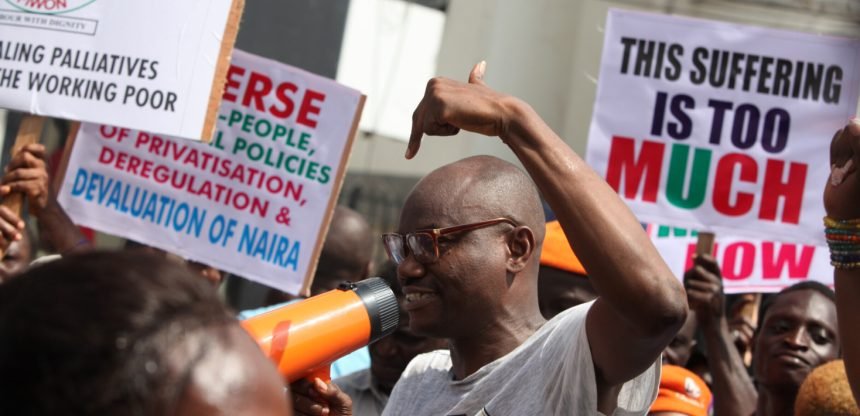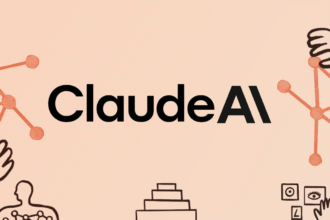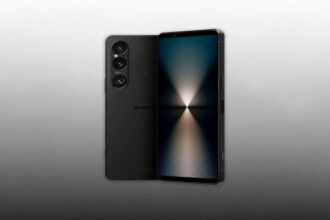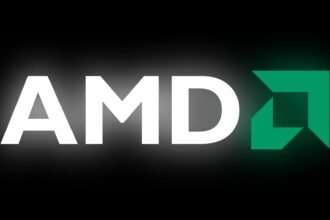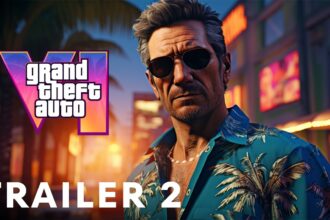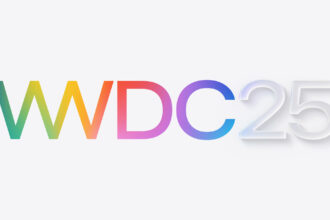On Monday, August 1, 2024, citizens of Nigeria embarked on a ten-day nationwide protest against the government due to degenerating economic issues such as hyperinflation, the soaring cost of living, and overall corrupt governance.
However, from 10 a.m. until late at night, many Nigerians began experiencing slow or disrupted internet access across all networks. Similar to the previous #EndSARS protest, many believed this was a government strategy to hinder information sharing about the protests on social media.
I use Globacom, and the service kept cutting out every three to five minutes. I couldn’t even access my banking app because of the twitching internet service.
At a point, my signal dropped to zero and returned at least twelve times within five minutes, said an anonymous citizen. But this morning, I was browsing smoothly on Facebook until the protests started fully and this was on all networks.
Each one started developing one issue or the other. The only option available was to make calls, they added. Internet service has since been restored, but concerned citizens anticipate similar disruptions on the second day of the protest.
I don’t think these network providers realize they’re not only slowing down information but also disrupting businesses. What about people needing emergency services who can’t pay due to lack of service, even if they have the funds? Consider businesses relying on online transactions. Will they lose income because the government wants to suppress protest coverage?
asked an angry, anonymous Nigerian.
They also mentioned the hardship faced by many middle-aged and elderly women who depend on daily market income to support their families.
The Situation at Various Protest Locations
In Lagos, despite a court order restricting protesters to specific locations, they defied the order and gathered at the Lekki-Epe Toll Gate to express their dissatisfaction with the country’s economic situation. As the protest turned rowdy, the police dispersed the crowd using tear gas.
Although most protest locations in Lagos remained peaceful yesterday, several major markets and government agencies closed due to fears of looting by criminals. However, violence erupted in other states, including Abuja, Kano, and Gombe, due to aggressive protesters and counter-protesters.
In Abuja, police directed protesters at the MKO Abiola Stadium to enter the stadium but were refused. The protesters then proceeded towards Eagle Square, near the Three Arms Zone. On-scene Police officials responded with indiscriminate tear gas to prevent them from reaching Eagle Square.
The protesters regrouped around the Ministry of Finance, blocking Ahmadu Bello Way and pushing back against the police.
Nationwide reports indicate numerous injured citizens, but the authorities are yet to release an official death toll. According to Premium Times, the police also targeted journalists, assaulting them and confiscating their equipment.
In Kano, some rogue protesters engaged in looting privately owned businesses, while in Gombe, the previously peaceful protest turned violent, requiring security intervention.
Citizens are demanding the immediate reversal of the fuel price hike, import duty increases, and the restoration of affordable electricity tariffs. Many Nigerians declared yesterday’s protest a “warm-up” and predicted increased intensity for the second day.

